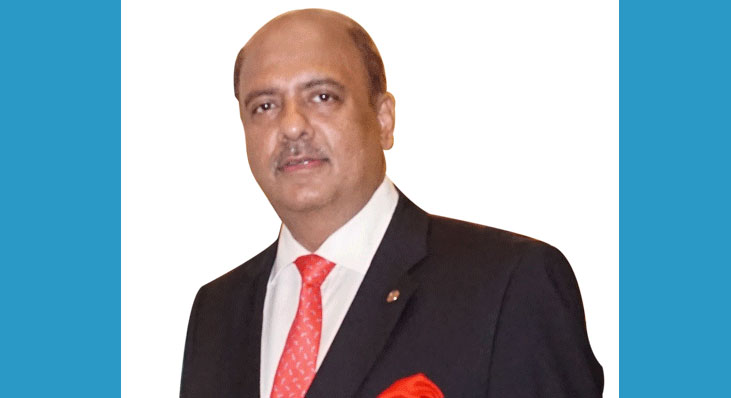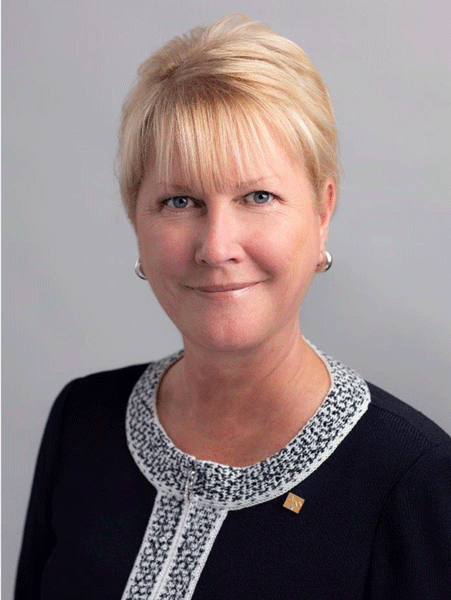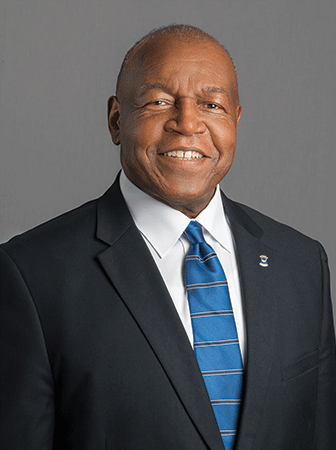
Each one bring one will be the new membership slogan that will be launched in the first week of February, along with Rotary’s annual theme, “as we want to shift the responsibility of membership growth from the topmost level to the club, grassroots level,” said RIPE Shekhar Mehta speaking at a webinar hosted by the Eastern India Lions Leadership Academy. He expressed concern over the fact that due to the pandemic, money allotted for the development programmes, is being diverted for vaccines and immunisation drives. “We have to contend with rising job losses, dropouts from schools
and poverty in the current situation,” he said.
On the positive side, the pandemic has taught some important lessons for us to lead a better, healthier life. “We have to respect the environment.
A healthy lifestyle with family as the key is critical for us to stay connected with our dear ones. We have to adapt to a minimalistic approach to life with a hybrid outlook as the way forward,” Mehta elaborated.
The RI board has taken a decision to participate in the Covid vaccination drive and “we will leverage from the brand we have created in polio eradication.” Rotary is in touch with the state governments and “we have been invited by some to play a role in the vaccination.” He cited the recent help sought by a top UP bureaucrat in kicking off the vaccination process in India’s biggest state as he was aware of the “Rotary doctors and paramedics who are acquainting themselves well as frontline warriors in the fight against the coronavirus.”
Complimenting NGOs
Both Rotary and Lions must come together to collaborate and complement each other as there is growing demand for humanitarian services in the world, he said. “While Lions have excelled in eyecare and related services, Rotary has different focus areas such as literacy, water and sanitation. We should work in tandem with corporates and local governments. To begin with we can start with a small project, but without forgetting the larger picture,” he said. Both the organisations must forge partnerships at the grassroots level to make an impact as “we have done in polio by forming a broad alliance with the WHO, UNESCO, the Gates Foundation and other local organisations.” Recalling that he had set up 15 eye hospitals (11 in West Bengal), he said that Rotary will be more interested in sharing expertise with Lions which is known for its contribution in the eyecare field.
Gender barrier
When he takes over as RI president in July 2021, he will be presiding over an RI board which has nine women among its 19 members. “It takes at least 30 years for women to rise up in the Rotary hierarchy from the club, district to the top-most level. Now that the glass ceiling is broken with the appointment of RIPN Jennifer Jones, I hope the gestation period will shorten for women leaders to claim their right place in Rotary,” he said. Mehta was confident that this webinar would have a domino effect “leading to action on the ground for us to evaluate further and take the collaboration to the next level.”
RIPN Jones said both the service organisations were trying hard to “find the right matrices and measuring tools to evaluate the impact of their community projects. We are economic engines that drive the world. Though Rotary has disbursed around $29 million through Covid response grants and other grants, at the district and club-levels we would have done relief projects worth over $100 million.”
Women’s membership in Rotary stood at 25 per cent and “they should be given opportunities to develop their leadership skills. For this to happen, diversity, equity and inclusion are critical for our growth,” she said. Age, gender and sexual orientation are challenging issues which will have to be tackled for Rotary to expand its membership, Jones noted.
Douglas Alexander, first vice-president, Lions International, from Brooklyn, New York, said, “we have to embrace change to adapt to new ways of communication for us to move forward. Now more Lions are attending online meetings and our doctors and nurses are reaching out to families.” He recalled the efforts of Lions in cancer and diabetes treatment in New York to point out that using technology has made a big difference. “We need to share our success stories with rest of the world,” he said. Brian Sheehan, second VP, from Minnesota and Dr Patricia Hill, third VP, from Edmonton, Canada, shared their perspectives on coping with the ‘new normal’. Past Lions International directors A P Singh and Sangeeta Jatia moderated the discussion that saw a participation of over 900 Rotarians and Lions from across the world.







